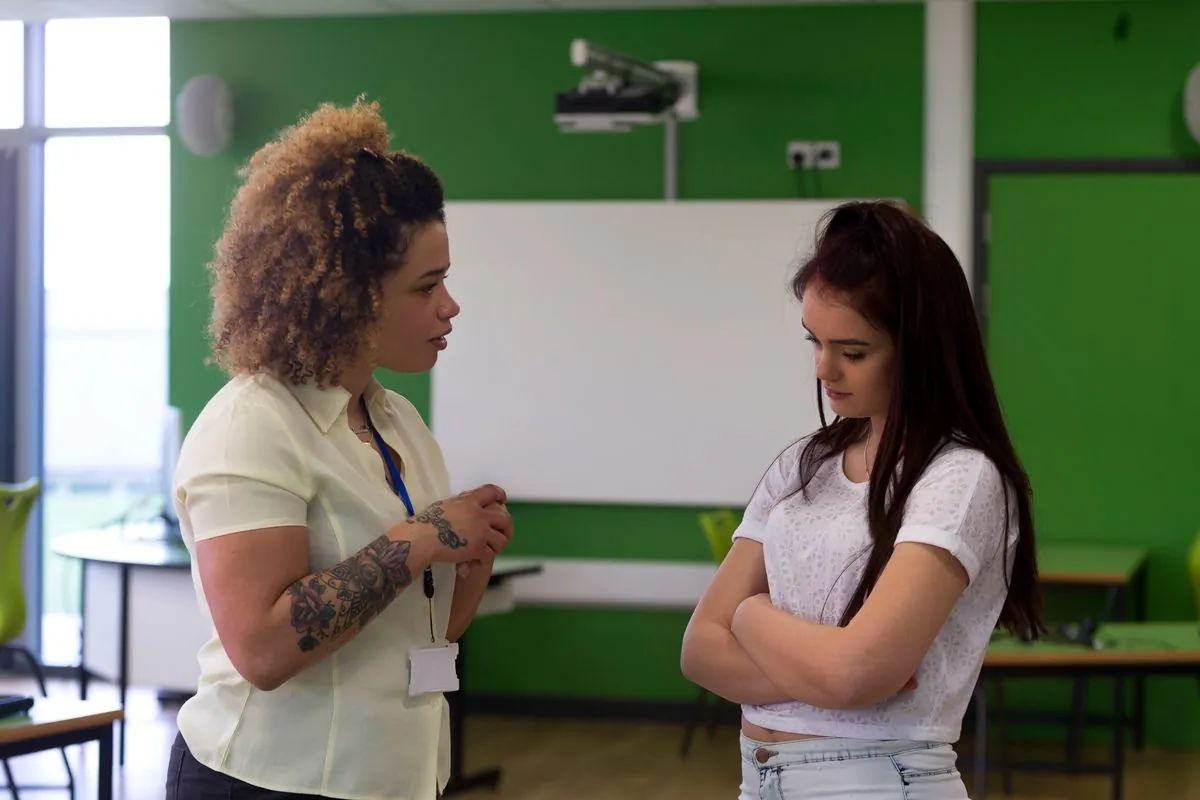UK Schools Brace for Behavioral Challenges as Pandemic-Affected Youth Enter Teens
Experts warn of potential behavioral issues in UK schools as children impacted by COVID-19 disruptions reach adolescence. Official data shows a significant increase in suspensions among 11-13 year olds.

Educational experts are cautioning UK schools to prepare for a potential surge in disruptive behavior as students affected by the COVID-19 pandemic enter their teenage years. Official data from the Department for Education (DfE) reveals a concerning trend among pupils aged 11-13, who are now approaching a traditionally challenging period of adolescence.
The statistics indicate a notable increase in exclusions and suspensions for this age group during the 2022-23 academic year. Compared to the 2018-19 period, suspensions for Years 7 and 8 students rose by over 50%. Specifically, the percentage of 11-year-olds suspended at least once increased from 3.57% to 5.57%, while for 12-year-olds, it jumped from 5.52% to 8.29%.

Tom Bennett, a DfE adviser on behavior management, suggests that home schooling during lockdowns may have contributed to a decline in social skills, particularly among students already at risk of misbehavior. He warns of a potential "perfect storm" as these children progress through their school years, combining the challenges of adolescence with pandemic-related social skill deficits.
The impact of the pandemic on education has been far-reaching, with remote learning presenting unique challenges for both students and teachers. Research has shown that the effects of school closures varied across different socioeconomic groups, potentially exacerbating existing inequalities.
Patrick Roach, general secretary of the NASUWT teaching union, firmly believes that the pandemic has exacerbated behavioral issues among children. This aligns with studies indicating an increase in mental health concerns among students during and after the pandemic.
In response to these challenges, the DfE has outlined several initiatives. These include providing access to specialist mental health professionals in every school, introducing free breakfast clubs in primary schools, and ensuring earlier intervention for pupils with special needs in mainstream schools. These measures aim to address both the immediate behavioral concerns and the underlying factors contributing to them.
However, critics argue that these issues stem from broader systemic problems. Pepe Di'Iasio, general secretary of the Association of School and College Leaders, points to over a decade of underfunding in education and local services as a significant factor.
The government has acknowledged the need for a comprehensive approach, announcing plans to develop a strategy to reduce child poverty. This initiative, led by a taskforce co-chaired by the education secretary, aims to address the wider societal issues that may be contributing to behavioral problems in schools.
As the UK education system grapples with these challenges, the long-term effects of the pandemic on student behavior and academic outcomes remain a subject of ongoing study and debate. The coming years will be crucial in determining the effectiveness of interventions and support measures in helping students overcome the disruptions caused by COVID-19.


































